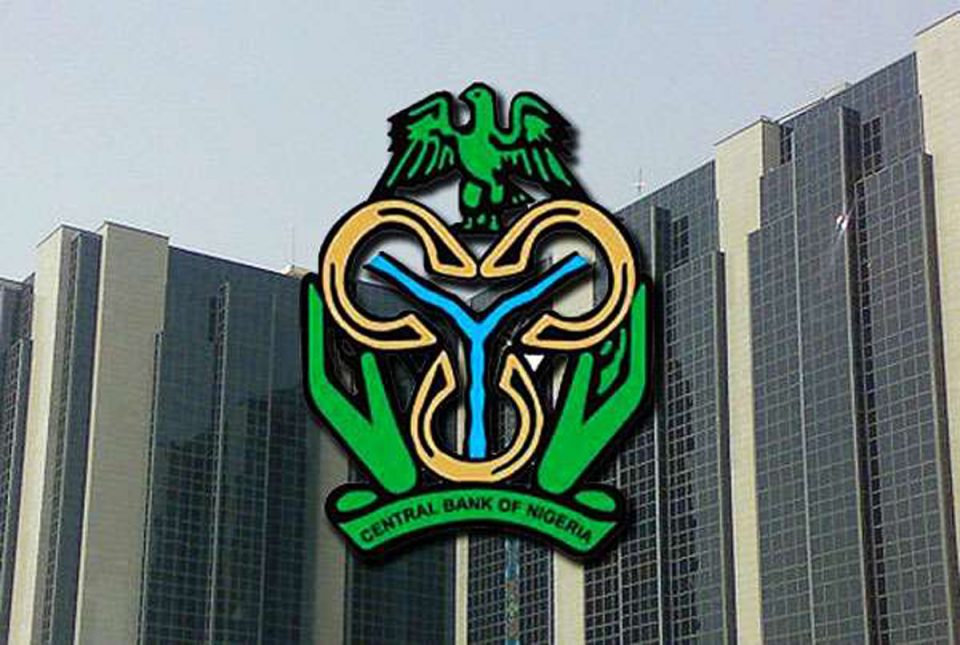A Don, Dr Ovat Oyama, on Wednesday urged Nigeria’s apex bank to extend the Anchor Borrowers’ Programme to include more agricultural products, in order to boost productivity, food sufficiency and curb inflation.
Oyama, who teaches Economics at the University of Calabar, Cross River, made the call in Lagos, on Wednesday.
The Central Bank of Nigeria (CBN) in line with its developmental function sponsored the Anchor Borrowers’ Programme (ABP).
It was launched by President Muhammadu Buhari (GCFR) on Nov. 17, 2015 and it is intended to create a linkage between anchor companies involved in the processing and small holder farmers (SHFs) of the required key agricultural commodities.
The CBN/ABP provides farm inputs in kind and cash (for farm labour) to small holder farmers to boost production of these commodities, stabilise inputs supply to agro processors and address the country’s negative balance of payments on food.
At harvest, the SHF supplies his/her produce to the Agro-processor (Anchor) who pays the cash equivalent to the farmer’s account.
Oyama noted that since the food index was one of the factors driving inflation, extending the anchor scheme to more agric produce, would lead to food sufficiency.
“ The schemes should be extended to accommodate beyond food crops to cash crops to be more effective.
“ Also, sustaining the programmes over time will reduce the volumes of funds being expended on imported agric produce, ‘’ he said.
He noted that the CBN authorities should maintain the restriction of business owners to access foreign exchange on the 42 items in order to reduce the pressures on the country’s scarce foreign exchange.
He also suggested that the CBN should commence the implementation on the Liquidity Deposit Ratio on commercial banks to boost the real sector.
“ Enforcing the Liquidity Deposit Ratio, will enable the commercial banks to give cheaper funds to businesses.
“ The policy being maintained for the few years of Buhari’s government will spur growth, “ he said.
In spite of the restrictions on importation in the country as well as border closure, the rate at which prices of goods and services rise in Nigeria has maintained a downward trend slowing to 11.02 per cent in August.
The consumer price index (CPI), which measures inflation is 0.06 per cent points lower than the 11.08 per cent rate recorded in July 2019 percent, according to data released by the National Bureau of Statistics (NBS).
Disinflation continued in August 2019 despite several pronouncements regarding restrictions on the import of some food items, minimum wage and the recent border closures.
However, the border was only closed on Aug. 20, 2019 with only 11 days of 31 days for any significant impact to be felt either way on prices.
The Nigeria Bureau of Statistics in the CPI report noted that the inflation rate is measured with the average prices for the whole month and not only the price of goods and services in the last few days of the month.




